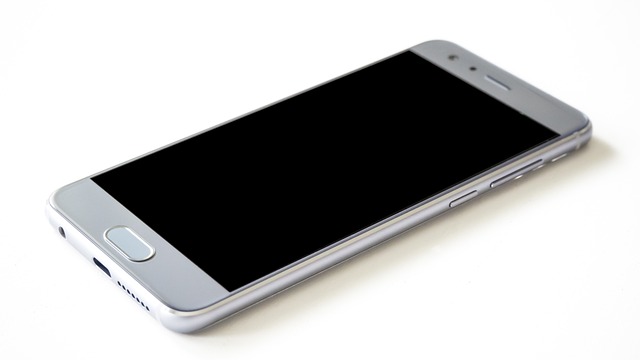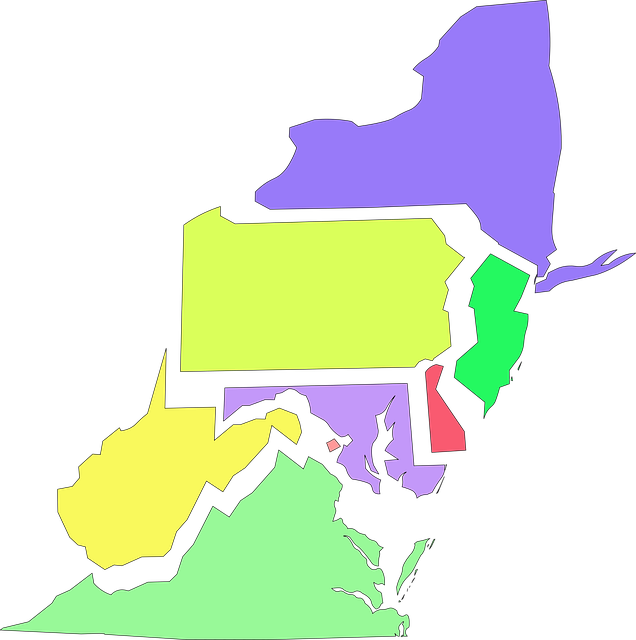West Virginia's autodialer law firm regulations strictly regulate automated calls, prioritizing consumer consent and privacy. Businesses using autodialers must obtain explicit permission and offer opt-out options to comply with state and federal laws, ensuring ethical marketing practices and client trust in a competitive legal landscape. Advanced technologies, like AI-powered autodialers, are transforming outreach methods while maintaining compliance standards.
In West Virginia, the future of business communication is being shaped by evolving regulations surrounding autodialers. As legal requirements adapt, so must auto dialer users—particularly law firms relying on these tools for client outreach. This article explores West Virginia’s autodialer landscape, delving into regulatory nuances, their impact on legal practices, benefits and challenges in client engagement, and legal boundaries to navigate. We also peer into future trends, uncovering how technology is revolutionizing business communication in this region.
Understanding West Virginia's Auto Dialer Regulations

West Virginia has specific regulations regarding auto dialers, also known as automated dialing systems, to protect consumers from unwanted calls. These laws are designed to ensure that businesses using autodialers adhere to ethical practices and respect individual privacy. The state’s regulations include guidelines on when and how automated phone calls can be made, with a focus on consent and opt-out options for recipients.
Business owners in West Virginia operating under these autodialer law firm regulations must obtain explicit permission from callers before initiating automated telephone communications. This often involves obtaining written or electronic consent, allowing individuals to register their numbers to be excluded from marketing calls. Understanding and compliance with these rules are crucial for businesses aiming to operate within the legal framework while utilizing autodialer technology in West Virginia’s business landscape.
Impact on Law Firms: Adapting to New Standards

In West Virginia, as in many states, the use of autodialers in law firms is evolving due to changing regulations and client expectations. Law firms must adapt to new standards that prioritize consumer privacy and consent. This shift requires a reevaluation of current practices to ensure compliance with anti-spam laws and data protection regulations.
The impact on West Virginia’s legal community is significant, as autodialers have become essential tools for outreach and marketing. Firms are investing in technologies that enable personalized communication while adhering to strict guidelines. By embracing these changes, law firms can maintain client trust and effectively compete in a digital age, ensuring their autodialer solutions remain effective and ethically sound.
Enhancing Client Outreach: Benefits and Challenges

In West Virginia, as in many states, the use of autodialers for client outreach has seen a significant rise among law firms and other businesses. This technology offers numerous benefits for enhancing communication with potential clients. By automatically dialing phone numbers and delivering pre-recorded messages, autodialers can cover vast numbers of contacts quickly and efficiently, improving reach and response rates. They also allow for personalized interactions, as the messages can be tailored to specific audiences or even individual clients.
However, challenges accompany these advantages. The autodialer law firm West Virginia residents interact with must comply with stringent regulations, such as those regarding do-not-call lists and consent. Missteps in this area can lead to legal issues and damage to a firm’s reputation. Additionally, while autodialers boost outreach capabilities, they may not replace the human touch altogether. Finding the right balance between automated efficiency and personalized connection remains crucial for building lasting client relationships in West Virginia’s competitive business landscape.
Navigating Legal Boundaries: Do's and Don'ts

In West Virginia, the use of autodialers is regulated by both state and federal laws to protect consumers from unwanted phone calls. Navigating these legal boundaries is crucial for businesses employing autodialing services. Do’s include obtaining explicit consent from recipients before making automated calls, providing a way to opt-out, and adhering to time restrictions on calls. West Virginia law firm specializing in telemarketing regulations can guide companies on how to respect consumer privacy while leveraging the benefits of autodialers.
Don’ts involve practices like calling without permission, ignoring request to stop contacting an individual, or using prerecorded messages without a human agent available immediately. Businesses should also avoid excessive call volume that could be perceived as harassment. Staying within these guidelines ensures compliance and fosters trust with customers, making autodialing a more effective tool for West Virginia businesses.
Future Trends: Revolutionizing Business Communication

In the future, autodialers are poised to revolutionize business communication in West Virginia. With advancements in technology, these systems will become more sophisticated, offering personalized and targeted outreach to potential clients. This evolution is particularly significant for law firms, enabling them to streamline their marketing efforts and connect with a wider audience effectively.
The latest trends suggest that autodialers will integrate artificial intelligence and machine learning algorithms, allowing for dynamic content delivery and real-time adaptability. This means businesses can automate personalized calls, adjusting messages based on individual responses and preferences. For West Virginia’s legal sector, this technology shift could enhance client engagement, improve response rates, and ultimately contribute to a more efficient and successful business landscape.






